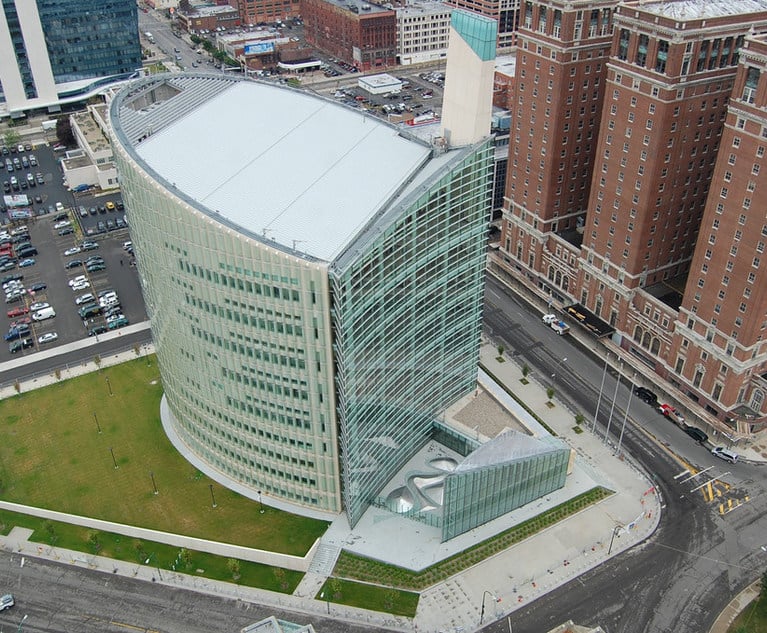This title sounds like an oxymoron. Almost by definition, bailouts are hastily arranged affairs, negotiated behind the scenes by lobbyists and legislators, with everyone involved seeking their own advantage. Much in the CARES Act fits that description, particular the hidden provision that allowed each restaurant in a restaurant chain and each hotel in a hotel chain to separately qualify as a small business and obtain loans from the CARES Act’s centerpiece, the Payroll Protection Program (or PPP). We have now been through two rounds of the PPP, and it is time for some stock-taking. How well did it work? How could it be redesigned to be more efficient or fairer—or both?
Admittedly, we are also at a moment when Congress would not throw a life preserver to a drowning man—without first ascertaining his political party (and then would deadlock with one House supporting and the other opposing the toss of the life preserver). Holding that small political difficulty aside, how should a bailout that intends to save the jobs of employees at small businesses be structured? This analysis will avoid political name-calling and assumes that at some point Congress may be willing to reconsider the CARES Act, which has received almost universal criticism.


 John C. Coffee Jr.
John C. Coffee Jr.




